Land Trusts and the Commons Sector

It seems obvious that we live on a finite planet, with finite space, and finite resources. Then why isn’t it treated as such?
Introducing Commons Groundswell, the Agrarian Trust Podcast
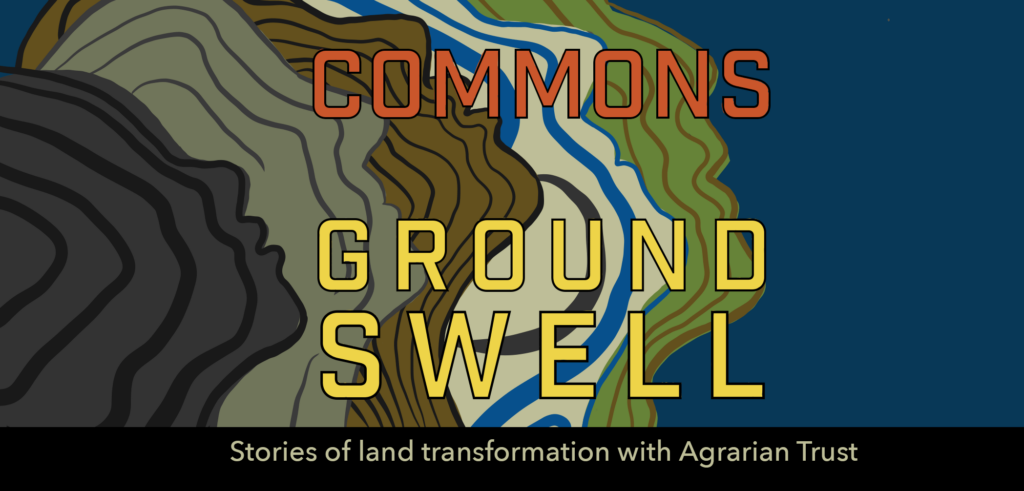
Over the course of the podcast’s eight episode first season, Commons Groundswell will cover a wide range of themes, from decommodifying the land through the Agrarian Commons to rebuilding land ownership for Black farmers, and the importance of rekindling spiritual connection with the land. Listen to leading voices in the fight for equitable land access, like Dr. Shakara Tyler of Detroit Black Farmer Land Fund, and Leah Penniman of Soul Fire farm as they share their perspectives, and expand and explore what it means to live on the land.
New Roots Builds Connections Between Local Farms and Schools
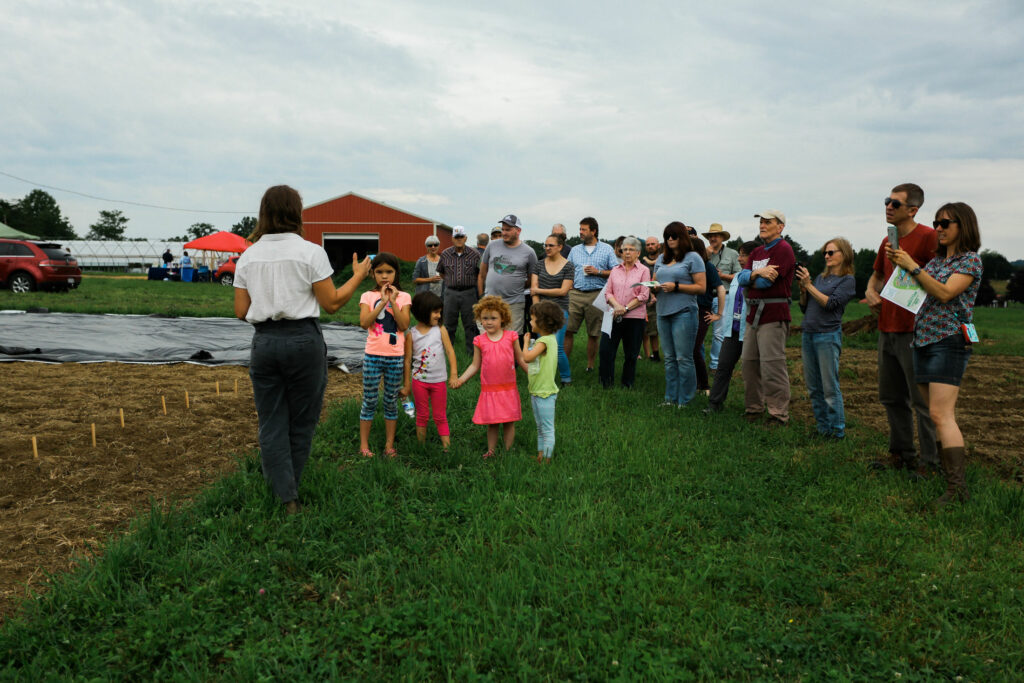
For the past year and a half, every Wednesday has been West Virginia Wednesday. On these days, the ingredients for students’ meals, including the frozen chickens, are sourced directly from local farms, providing a major source of income for farmers and access to healthy, locally grown food to students. This dual benefit is a key feature of Farm to School programming in Fayette County.
Give the Gift of the Commons
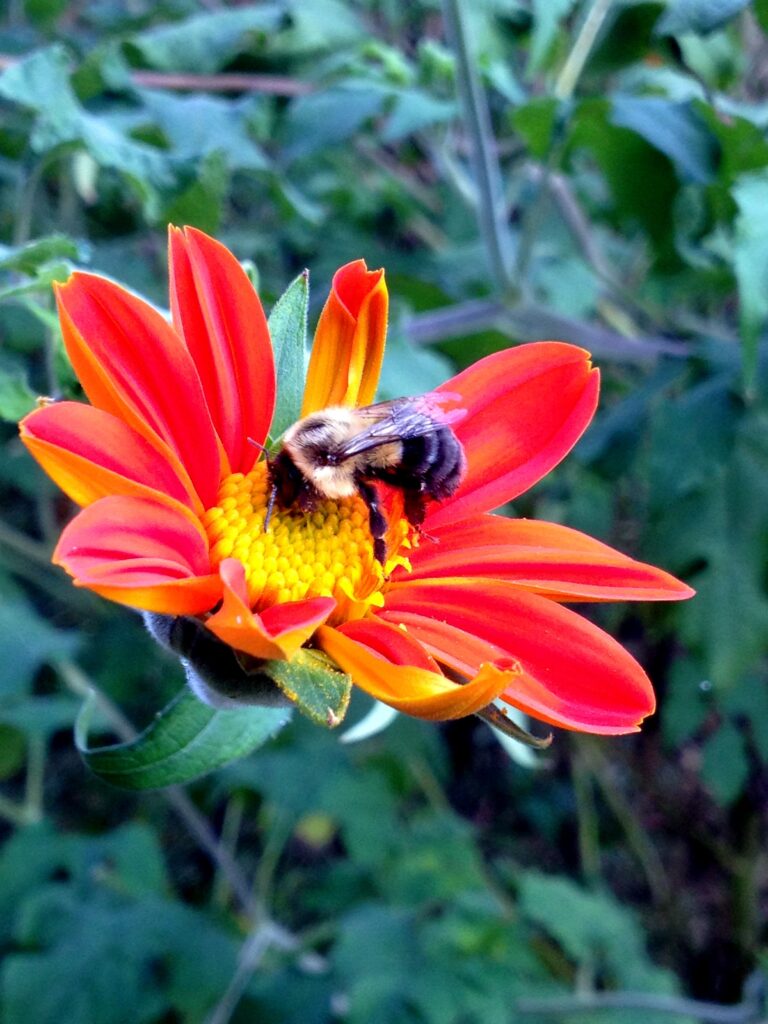
As 2022 draws to a close, we want to take a moment from the bustle of the season to reflect on some of these successes, and to share the work that still needs to be done.
We ask that you consider the variety of giving options Agrarian Trust provides, including our Alternate Gift Catalog, the Caring for the Commons Fund, and the ongoing fundraisers in Maine, Southwest Virginia, and Central Virginia. With your help, we can chart a new path for land ownership in the United States.
Weaving Webs of Connection with the Tennessee Local Food Summit
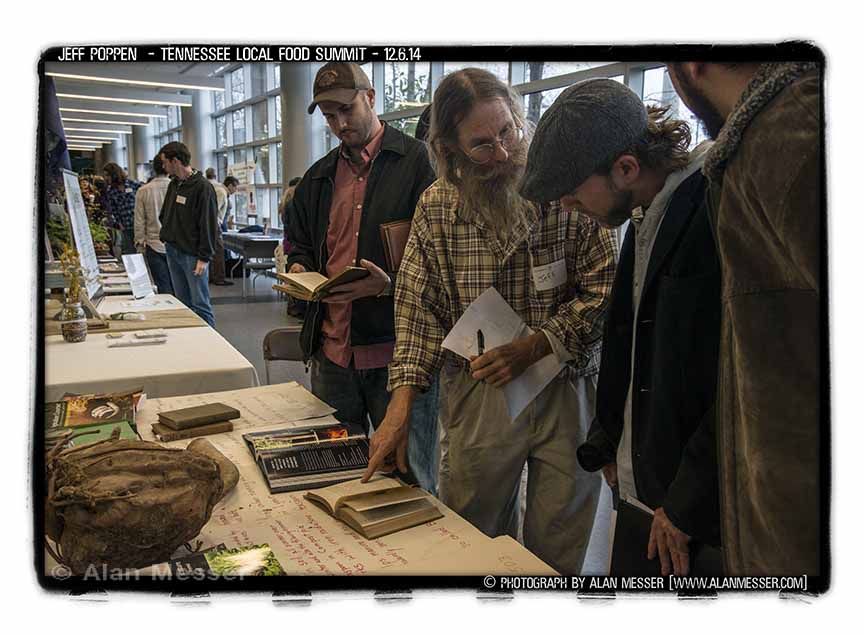
When Poppen founded the Tennessee Local Food Summit in 2010, it was the latest in a decades long lineage of organic farmers independently organizing events to support themselves and one another.
The Ogallala Aquifer, Water Depletion, and the Promise of the Commons
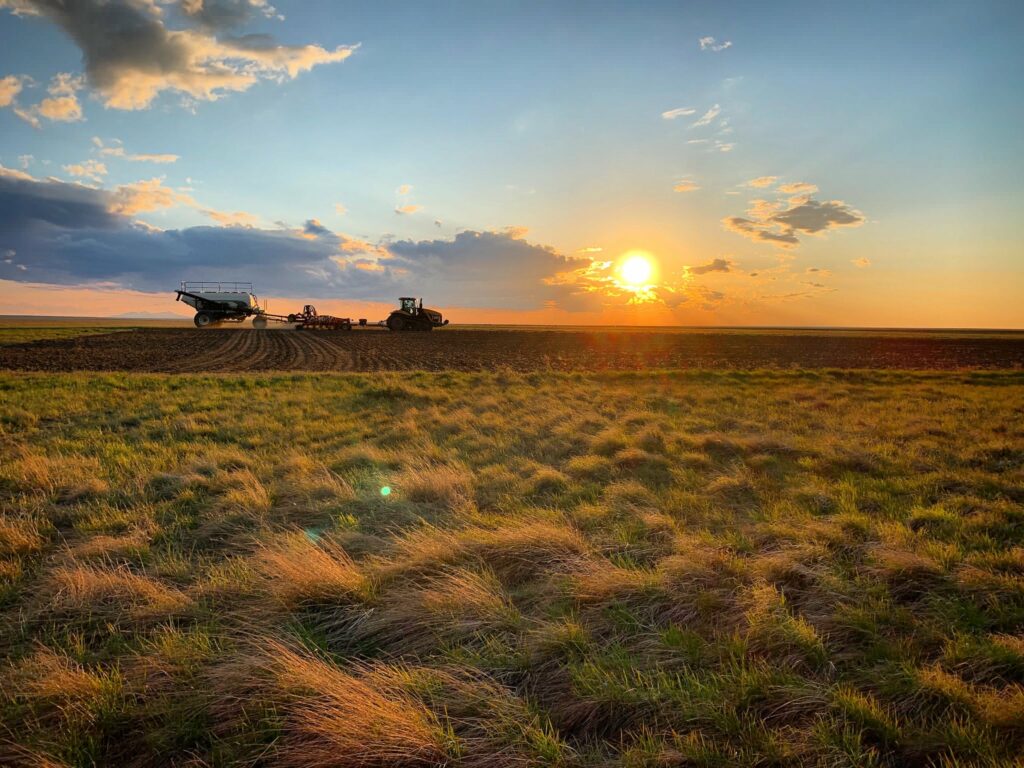
In California and the Midwest, extended droughts have already caused farmers to draw heavily on aquifers (large, underground reservoirs of water) to water their crops. The Ogallala Aquifer, which stretches across much of the Midwest, a region which produces one-fifth of U.S. wheat, corn, and cotton, and over a third of its beef, has already been significantly depleted.
Agrarian Trust Co-sponsored the 2022 Food Week of Action
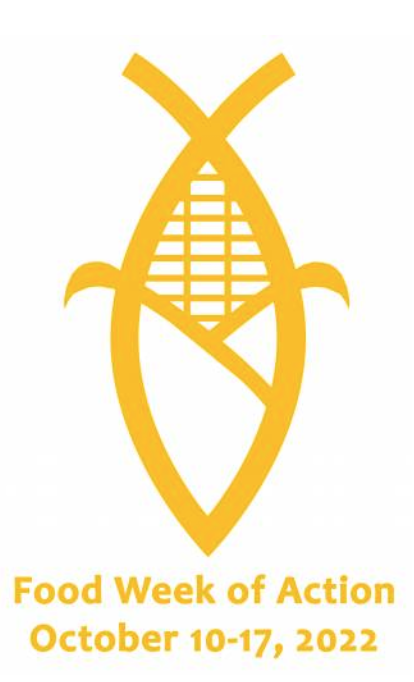
Last week, food justice organizations around the country observed the Food Week of Action, an initiative led by Presbytarian Hunger Program. This year’s Week of Action had the theme People and Planet First, and centered the work of farmers, fishers, and other agriculturalists as they fight to build food sovereignty across the globe. As part of the Week of Action, participating organizations hosted events, actions, and worship services supporting this critical effort.
The Legacy of Land
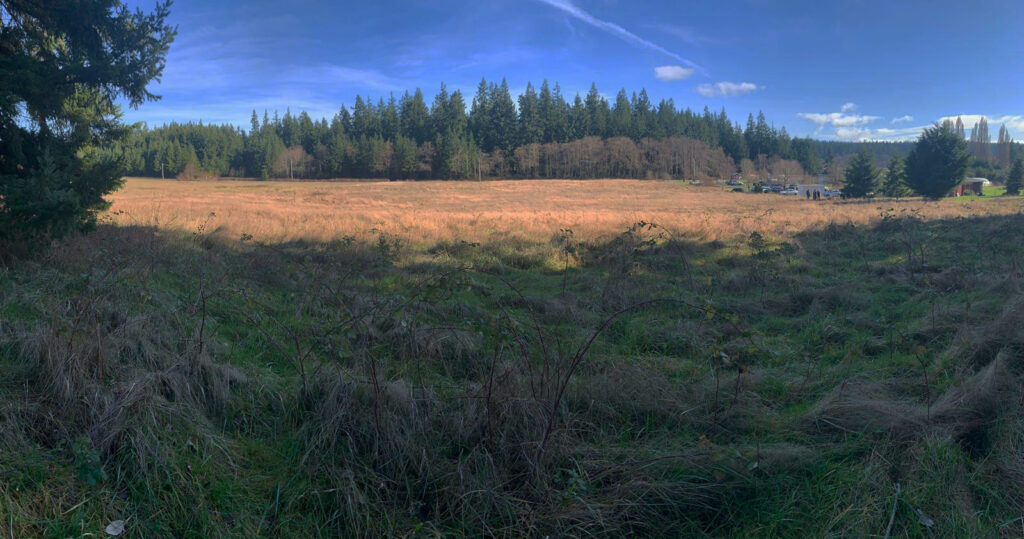
While these are the most common options donors use to transfer land into an Agrarian Commons, every donor is different. Agrarian Trust will work closely with prospective donors to ensure that they are able to make the gift in a way that best suits their needs, while continuing to support the Agrarian Commons. For example, donors can choose to donate only part of their land, or to spread their donation out over a couple of years in order to receive the optimal tax benefits. Nonprofits and land trusts are also welcome to donate land to Agrarian Trust.
Envisioning the Future of Black Seed Agroecological Farm and Village
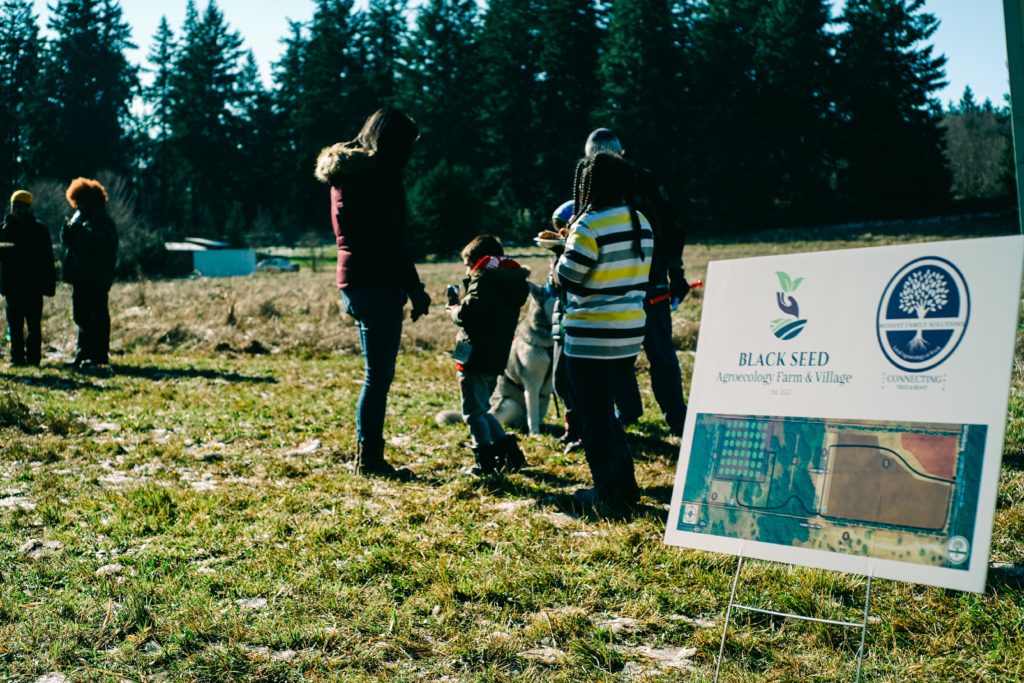
Black Seed Agroecological Village and Farm is still in the beginning stages of development. As is the case with most new farming operations, there’s a lot of work that needs to be done before the farm can begin operating at full capacity. New fields need to be cultivated, perennials planted, and new buildings constructed. Turner is currently working with the Washington State Department of Agriculture to define water rights on the farm, and to identify the source of surface water that covers part of the land.
Rebuilding the Soil with Steve Normanton
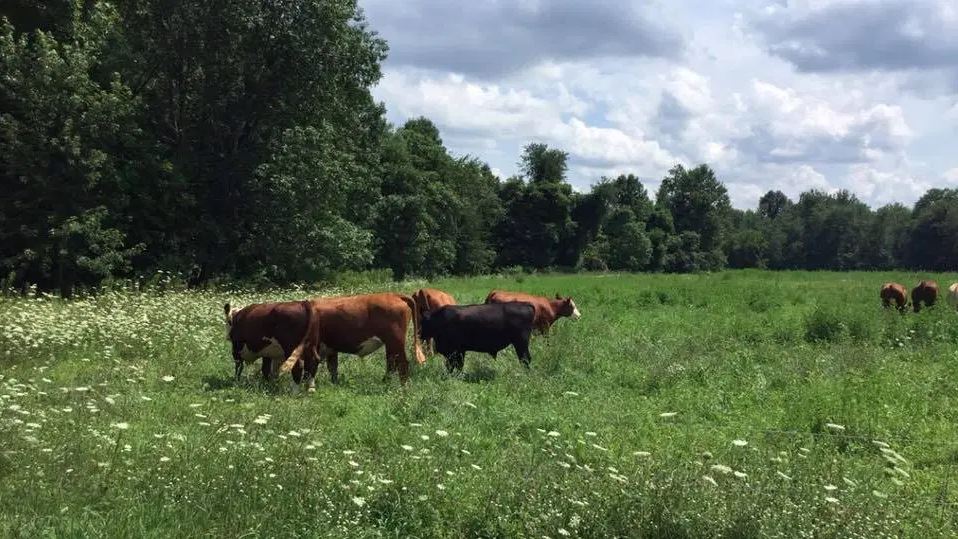
Rotational grazing is an exercise in balance and careful observation, requiring the farmer to time the movements of their herd around the life cycles of the grass and the decomposition of manure. If a plot of land is overgrazed, the soil can be polluted by excess manure. If it is not grazed at all, the grass loses the rich nutrients provided by manure and goes to seed, creating fibrous “lignified” organic matter that is less nutrient dense and difficult for cattle to digest.